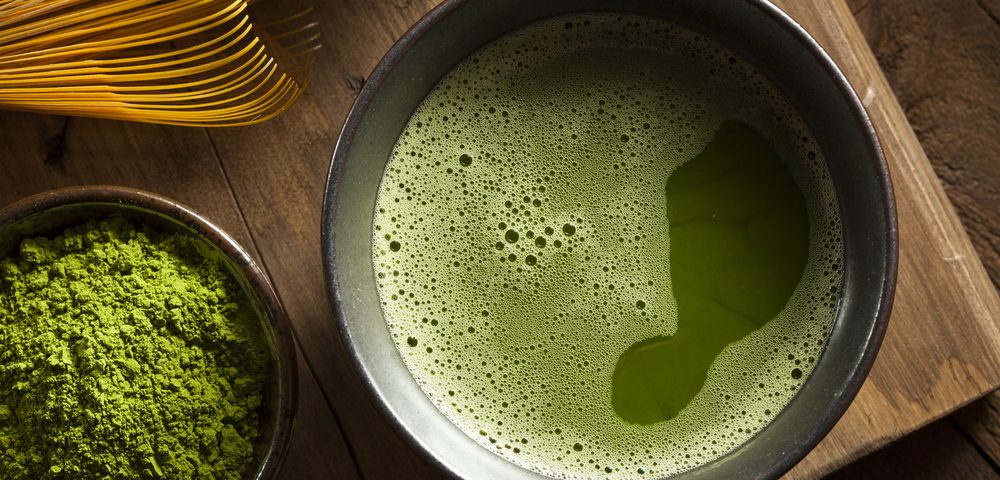Green tea is praised for its health benefits, primarily as a powerful antioxidant. However, laboratory experiments in mouse models of inflammatory bowel disease (IBD) suggest that a meal rich in iron or iron supplements consumed with green tea might actually diminish the tea’s antioxidant power.
The study, “Epigallocatechin-3-Gallate Inhibition of Myeloperoxidase and Its Counter-Regulation by Dietary Iron and Lipocalin 2 in Murine Model of Gut Inflammation,” was published in the American Journal of Pathology.
IBD is generally characterized by chronic inflammation of the digestive tract, resulting in bloody diarrhea, abdominal pain, fatigue, weight loss, and even iron deficiency or anemia, so it’s common for IBD patients to be prescribed iron supplements. But it is important for IBD patients to realize that simultaneously taking iron and green tea could be counterproductive because they would cancel each other out.
“If you drink green tea after an iron-rich meal, the main compound in the tea will bind to the iron,” Penn State assistant professor of nutritional sciences Matam Vijay-Kumar said in a press release. “When that occurs, the green tea loses its potential as an antioxidant. In order to get the benefits of green tea, it may be best to not consume it with iron-rich foods.”
Researchers said that iron-rich foods, such as red meat and dark leafy greens like kale and spinach, also applies to iron supplements in this case. The team found that epigallocatechin gallate (EGCG) – the main element present in green tea – has the potential to inhibit myeloperoxidase, a pro-inflammatory enzyme that is released by white blood cells during inflammation. The inactivation of this enzyme by EGCG could be beneficial in soothing IBD flare-ups, but when iron is consumed in addition to an EGCG intake, iron-bound EGCG can no longer inhibit myeloperoxidase.
“It is important that IBD patients who take both iron supplements and green tea know how one nutrient affects the other,” Vijay-Kumar said. “The information from the study could be helpful for both people who enjoy green tea and drink it for its general benefits, as well as people who use it specifically to treat illnesses and conditions.”
“The benefit of green tea depends on the bioavailability of its active components,” said graduate student Beng San Yeoh, the first author of the study. “It is not only a matter of what we eat, but also when we eat and what else we eat with it.”

